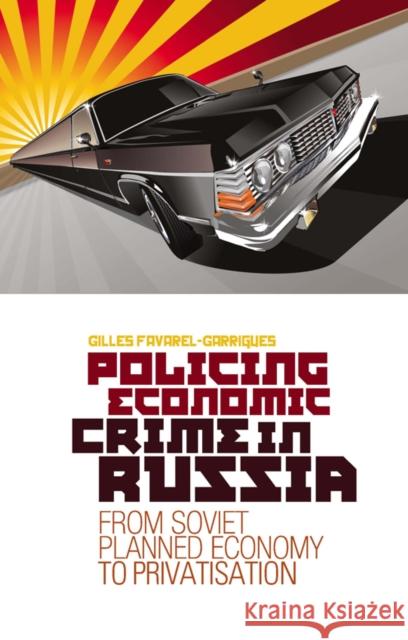Policing Economic Crime in Russia : From Soviet Planned Economy to Capitalism » książka
Policing Economic Crime in Russia : From Soviet Planned Economy to Capitalism
ISBN-13: 9781849040655 / Angielski / Twarda / 2011 / 288 str.
Policing Economic Crime in Russia : From Soviet Planned Economy to Capitalism
ISBN-13: 9781849040655 / Angielski / Twarda / 2011 / 288 str.
(netto: 268,95 VAT: 5%)
Najniższa cena z 30 dni: 279,51
ok. 30 dni roboczych
Bez gwarancji dostawy przed świętami
Darmowa dostawa!
In analyzing how economic crime was managed in Russia, from the Brezhnev era to the Yeltsin years, this book reveals the historical roots of the 'criminal problem' that has marked Russian politics since the late 1980s. During the closing decades of the Soviet regime, the daily struggle against shortages of goods and services precipitated a rapid increase in the black market and other underground practices, visible to all, but still deemed illegal. How did Soviet police officers and judges select the cases they dealt with on a daily basis? And how were the funds and manpower dedicated to combating 'economic crime' actually deployed? Law enforcement agencies also had to deal with the aftermath of Mikhail Gorbachev's liberal economic reforms. Russia's economy underwent far-reaching change, its judicial framework proved obsolete to combat the new challenges and its police woke up to the possibility of privatising or selling their professional knowhow. Drawing on first hand research and interviews with criminals and police officers, this scrupulous study investigates the changing nature of criminal law and policing before and after the fall of the Soviet state."











